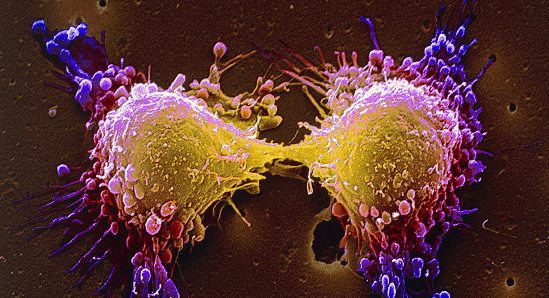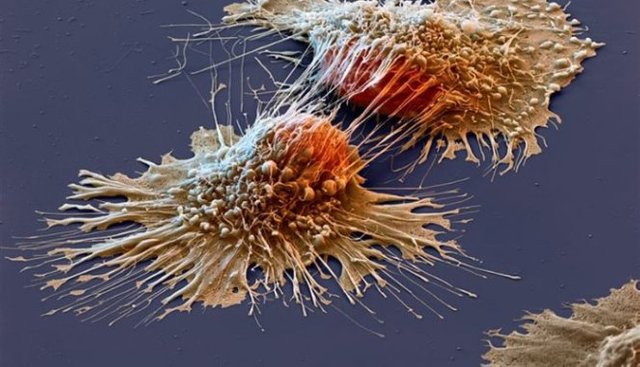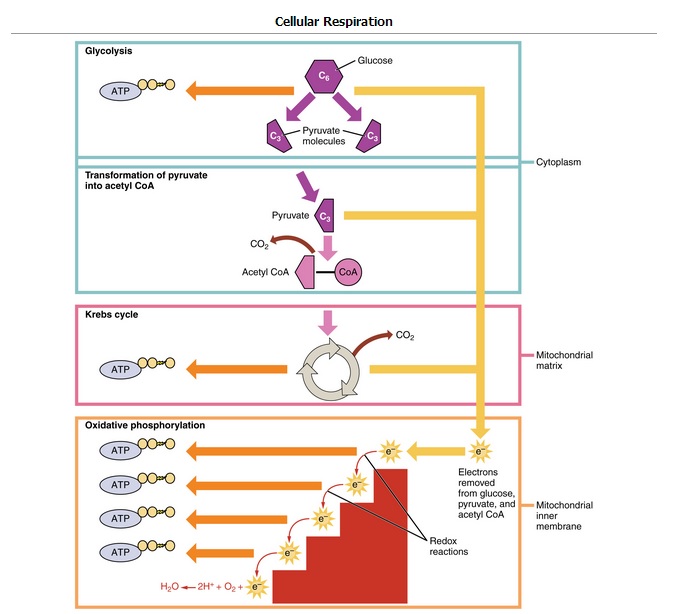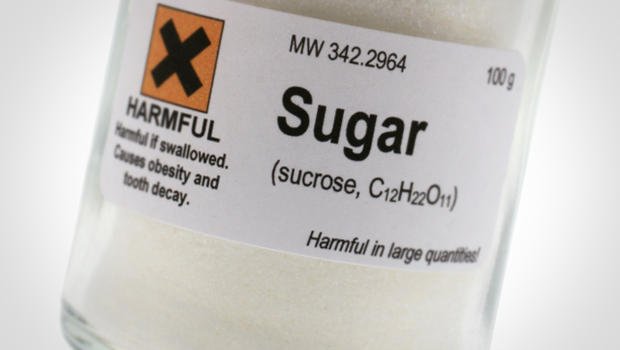THE ROLE OF LOW-CARB KETO DIETS IN THE FIGHT AGAINST CANCER
CANCER AND THE KETOGENIC DIET


WHAT IS A KETOGENIC DIET?

It is often assumed that dietary carbohydrates are absolutely vital for life. Even though our bodies definitely prefer glucose as their primary fuel since it is efficient and widely available, the truth is that our bodies only need dietary fats and essential amino acids (from proteins) to survive. In fact many human cultures, such as Eskimos have survived for years with very little carbohydrates in their nutrition.
Ketogenic Diets are extremely high in fat and very low in carbohydrates. The goal of these diets is to force the body to use dietary fats to produce Ketone Bodies which can be used as an energy source. To achieve this, more than 70% of daily calories must come from fat and less than 5% from carbohydrates. You can read more about Ketogenic Diets from my previous posts by clicking here. This article will focus on the link between low dietary glucose and the fight against cancer, a field that has gained increasing attention by scientists in the last few years.

HOW DO CANCER CELLS FEED

A very important characteristic of cancer cells is their relentless cell division and uncontrolled growth. This characteristic is in fact what makes most malignancies lethal. In order for cancer cells to maintain their accelerated growth, they need to undergo various metabolic adaptations. Just like normal cells, they still require ATP for energy and raw materials for macromolecule biosynthesis, but unlike healthy cells, these requirements are substantially augmented.

We all know that oxygen keeps us alive, but how exactly does it do that? To put it simply, oxygen is an essential part of the process which converts nutrients into ATP, the body’s energy ‘currency’. This process consists of different small steps. Dietary glucose is converted to a substance called pyruvate through the process of glycolysis. Subsequently, pyruvate is turned into AcetylCoA which enters the mitochondria and is used to produce ATP through the Krebs Cycle. By-products of the above reactions are also used in mitochondria to produce even more ATP through a process called Oxidative Phosphorylation. This process is what provides our body with most of the energy that it needs and oxygen is absolutely vital for its proper function.

Source
The oxygen we breathe most of the day is more than enough to cover our needs. In case the energy demands of our body increase (for example during exercise) then our breathing rate also increases to bring more oxygen inside our bodies. If our energy demands increase any further, then the supply of oxygen cannot satisfy the demand and our body responds by converting more glucose molecules into energy without oxygen in a process called anaerobic glycolysis. Cancer cells have adapted in such way that they can increase their rate of glycolysis even under conditions with abundant oxygen. It is believed that they performed this adaptation because of defective mitochondria which doesn’t allow them to use oxygen efficiently to get their energy. In other words they have switched from oxidative phosphorylation to glycolysis. As a result, cancer cells are heavily dependent on glucose for their survival. This increased need of cancer cells for glucose is actually used very frequently in cancer imaging techniques.

HOW KETOGENIC DIETS CAN HELP

The increased dependence of cancer cells on glucose makes them vulnerable. A healthy human body can use dietary fats to synthesise Ketone Bodies which in turn can be efficiently used to produce energy. In other words, our bodies can be converted from carbohydrate-burning machines to very powerful fat-burning ones. The ability of cancer cells to do that is believed to be limited. Once the supply of dietary glucose is decreased to a minimum, cancer cells immediately begin to starve. This has been shown by studying brain tumors, the cancers with one of the highest glucose demands. Ketogenic diets have been shown to slow the progression of Astrocytomas (one of the deadliest brain tumours) and even to cause them to shrink. These cancer cells usually have up to 10 times the normal insulin receptors in order to allow them to consume as much glucose as possible. But when you put them into a low carbohydrate environment then they can no longer continue their abnormally high rates of growth. Other studies have shown that cancer patients with the highest blood glucose concentrations, actually have the lowest survival rates and the worst prognosis. Additionally, research shows that the damaged mitochondria of cancer cells, make them more susceptible to oxidative stress under low glucose conditions. As a result not only their growth rate decreases but they even become more susceptible to chemotherapy and radiotherapy.


CONCLUSION

Despite all the promising research that is revealed to us, no scientists actually make the claim that a Ketogenic Diet can in fact treat cancers by itself. Many of those who criticise the usefulness of low-carb diets, support that their benefits are only present in the short term and that no long-term randomised clinical trials have been performed yet. Nevertheless doctors and scientists agree that there is a strong connection between dietary glucose and the ability of cancer cells to survive and therefore the use of Ketogenic Diets as an adjuvant cancer therapy may provide these patients with an extra weapon to use in the biggest fight of their lives.
==============================================================================
Sources:
https://www.khanacademy.org/test-prep/mcat/biomolecules/krebs-citric-acid-cycle-and-oxidative-phosphorylation/a/oxidative-phosphorylation-the-major-energy-provider-of-the-cell
https://en.wikipedia.org/wiki/Oxidative_phosphorylation
https://www.ncbi.nlm.nih.gov/pubmed/20473153
http://symposium.cshlp.org/content/76/299.full
https://www.ncbi.nlm.nih.gov/pmc/articles/PMC4215472/
==============================================================================

For many more articles like this, follow me @nulliusinverba

This is indeed key in fighting cancer. I wonder though what other health implications are involved when one just switches completely to a ketonic diet. Also how long does the body take to adopt and what are the side effects?
Regarding long term side effects, the truth is that there isn't much research around it. One of the biggest worries would be dyslipidemia because of the very high fat intake. The research I have read showed that indeed in some cases there was an increase in the total cholesterol but in most of these cases, the increase was because of a higher HDL. When ketogenic diets are followed by obese people, their lipid profiles are actually improved. I haven't seen a study yet linking Ketogenic diets to increased risk of cardiovascular disease. Serious side effects can also happen in people with Type 1 Diabetes. These people should only do such diets under strict medical supervision because low-carb diets put them in a higher risk for ketoacidosis.
Now in the short term, once you start the keto diet, your body will first deplete all of it's glycogen storage. Once that happens, most people will go through a phase called ''keto flu''. You feel weaker, dizzy, your mood is low, and you will probably get headaches. This is actually normal as the body makes the transition from sugar to fat. I have been on and off the keto diet for some years now. The worst ''keto flu'' I went through was when I attempted the diet for the first time. It lasted for about 7 days and I felt I had no energy at all. But once it goes away, you return back to normal. I have noticed that in all subsequent times of re-starting the diet, the ''keto flu'' lasted for fewer days and the symptoms were much more mild. Even though the body starts to produce ketone bodies quickly, to become fully keto adapted may take months. That's when you truly start to enjoy the benefits of burning fat as your main fuel. It's important to make sure that you are eating enough fat. Most people are afraid of fat and therefore they end up eating too much protein which may result in gluconeogenesis. Also it's important to give your body enough electrolytes, especially during the keto flu. A bit more salt on the food and some magnesium tablets do the job.
Nice one man. Excellent analysis. heck you could even make a new post about this ;)
yeah...obesity and dieting are areas that I am a self-made expert..lol...but I am also quite biased sometimes because of the very strong personal experiences, so most of the times I try to avoid writing articles about it. But I am planning on writing one about ketogenic diets and type 2 diabetes because I think this is the disease that this diet can be the most helpful with.
awesome
Sincerely thank u for this engaging info. I've heard of the Ketogenic Diet - noticed it over on Amazon & read a few reviews.
Yet your post helped break it down for me - helped me to grasp it from more of a technical viewpoint.
Therefore, I am going to head back over to Amazon & look into choosing a book. Kudos - you 'moved me' to action.
PS - Plan to follow yr posts
I am glad you found it helpful. Dont forget to check some videos on YouTube. They have helped me a lot.
help full article, I'm campaigning about cancer in my place too, your post makes me know more about cancer and diet, thx
My friend does Keto and says it increases his mental power substantially after a week. TOP post
That's awesome! For me it took much longer, but I really felt amazing.
Too bad I'm a bread addict T-T